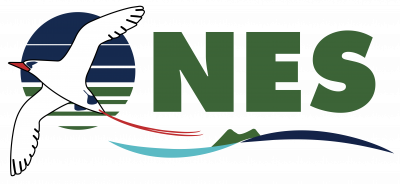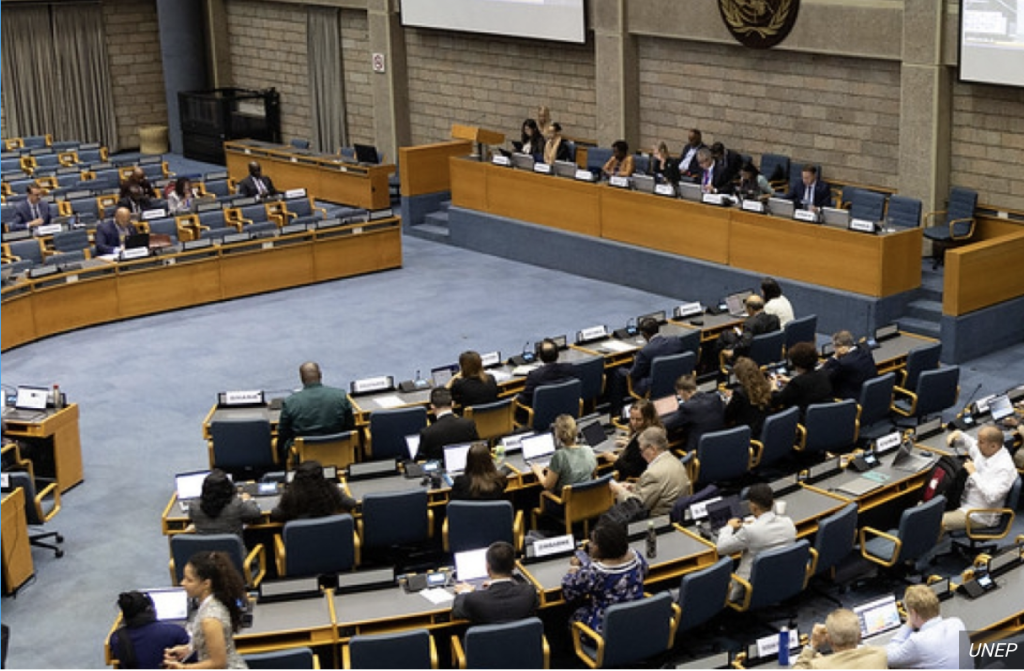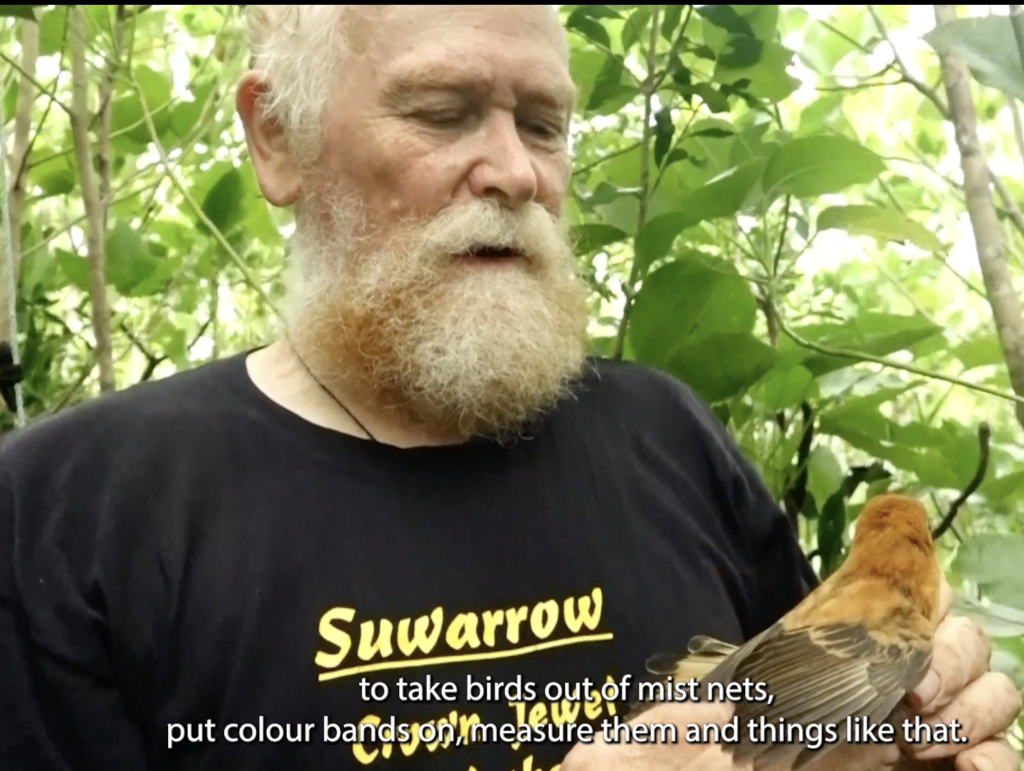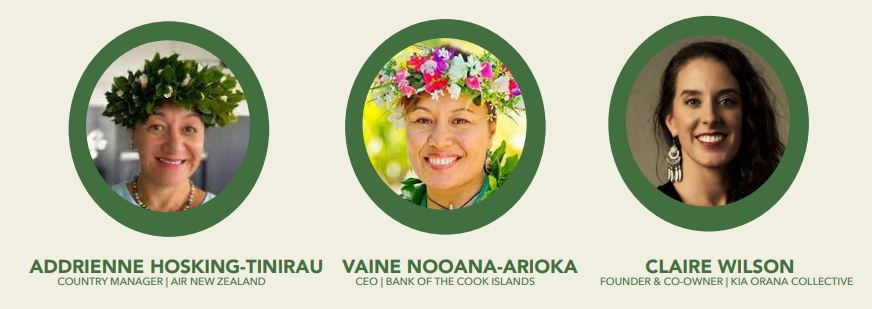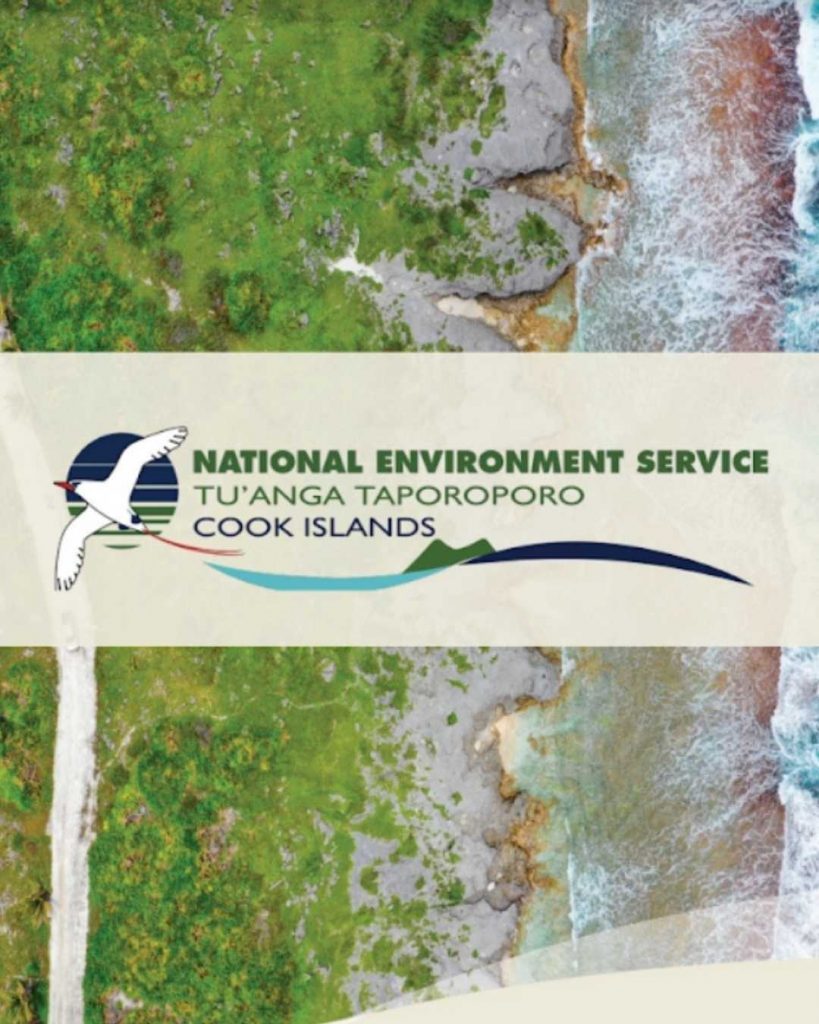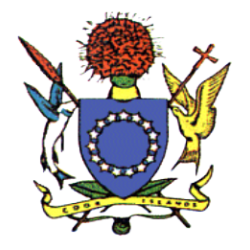The United Nations Environment Assembly (UNEA) is the highest decision making body for the United Nations Environment Programme (UNEP), with its headquarters based in Nairobi, Kenya, as the only UN headquarters in the global south.
NES Director Halatoa Fua, attended the 11th annual subcommittee of Permanent Representatives (CPR), which is the working body of the secretariat, member states, and observers, to review the work of UNEP and prepare for the UNEA meetings held once in every two years.
The delegates reviewed UNEP’s programme of work which included updates on its human resources and staffing, financial management and budget, and performance indicators on leadership and project management. UNEP achieved 83% of its indicator targets based 27 sub-programme indicators, and 19 programmatic, leadership, management and programme support indicators. UNEP 2022-23 budget was US$873 million and available resources, including unspent balances and multi-year grants was $1.8 billion.
On the strategic objectives, the delegates discussed the results, challenges, opportunities, lessons learned, and looking ahead for three strategic areas: Climatic Stability, Living in Harmony with Nature, and Towards a pollution-free planet. The strategic areas are based on the triple planetary crisis and the need to tackle climate change, biodiversity loss, and waste & pollution. The delegates delved into four enabling subprograms within these strategic objections: Science & Policy, Environmental Governance, Finance & Economic Transformations, and Digital Transformations.
Finally, UNEP put forward three theme options for UNEA-7 in early 2026. The chosen theme has the potential to accelerate implementation of multilateral environment agreements and the sustainable development goals. The delegates noted the theme and will consult with their governments. Further consultations with member states and stakeholders on the themes and UNEP’s programme of work, will take place virtually in September 2024.
The delegates agreed to a set of recommendation to be put forward to the CPR’s 167th quarterly meeting. Halatoa Fua reflected on the meeting and stated ‘this was the Cook Islands first time attending this meeting and it was important to contribute towards shaping UNEP’s agenda. Global environmental finance to assist developing countries with implementation, need to filter down to Small Islands Developing States (SIDS). Interventions were made to ensure the needs of small islands developing states were embedded to UNEP’s priorities, programme of work and indicators.’
All documents of the meeting can be obtained from the UNEP website
